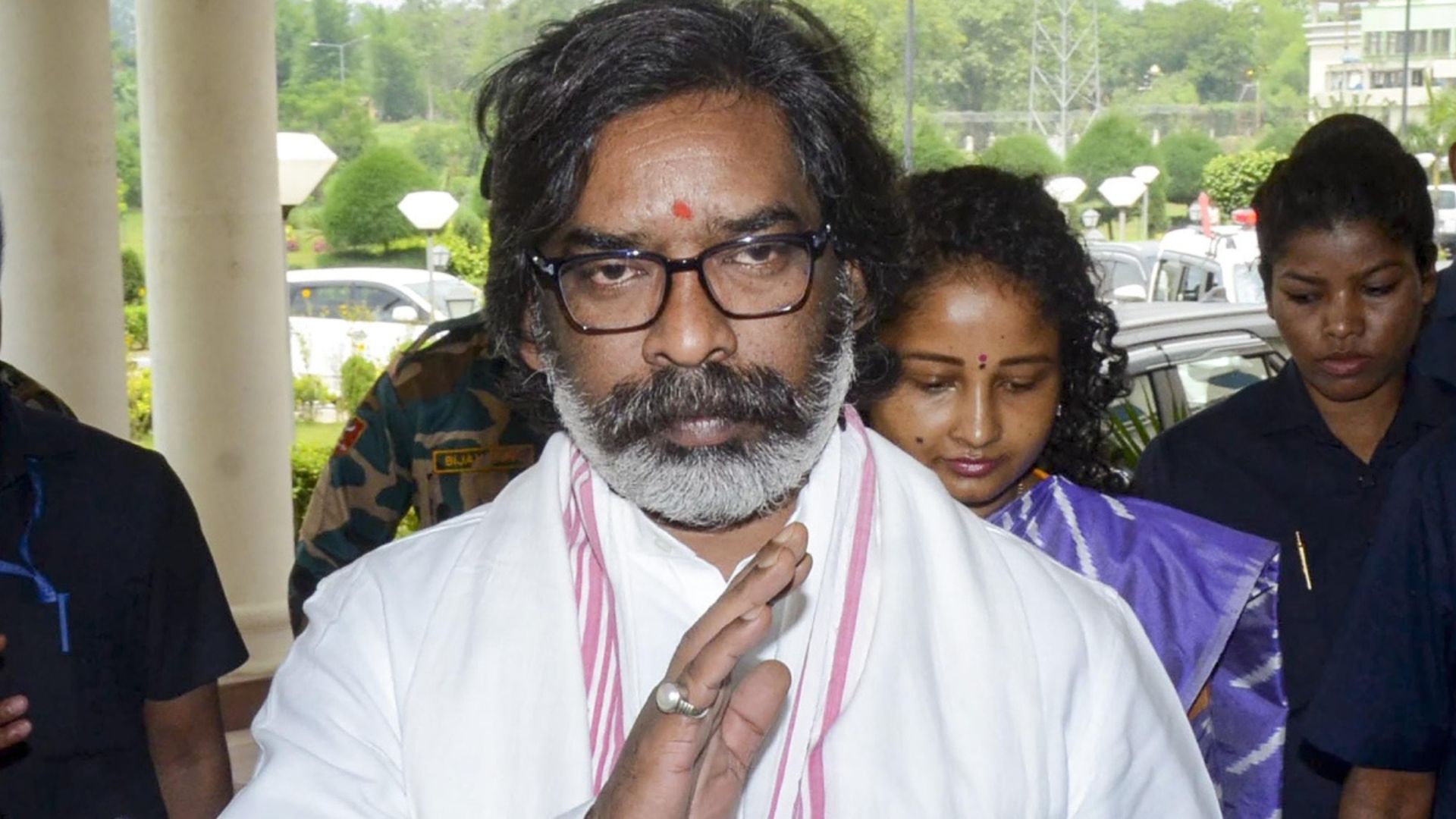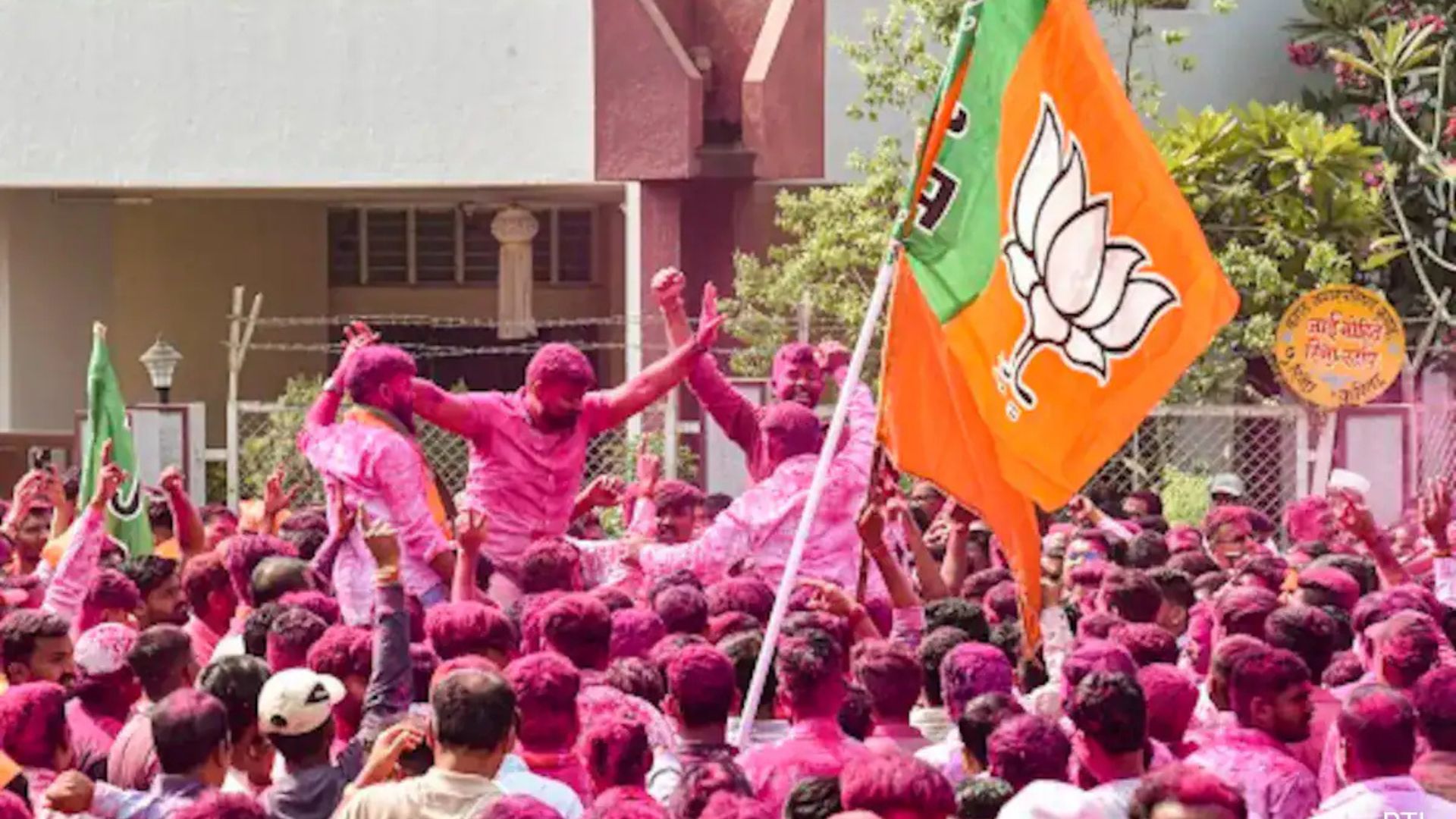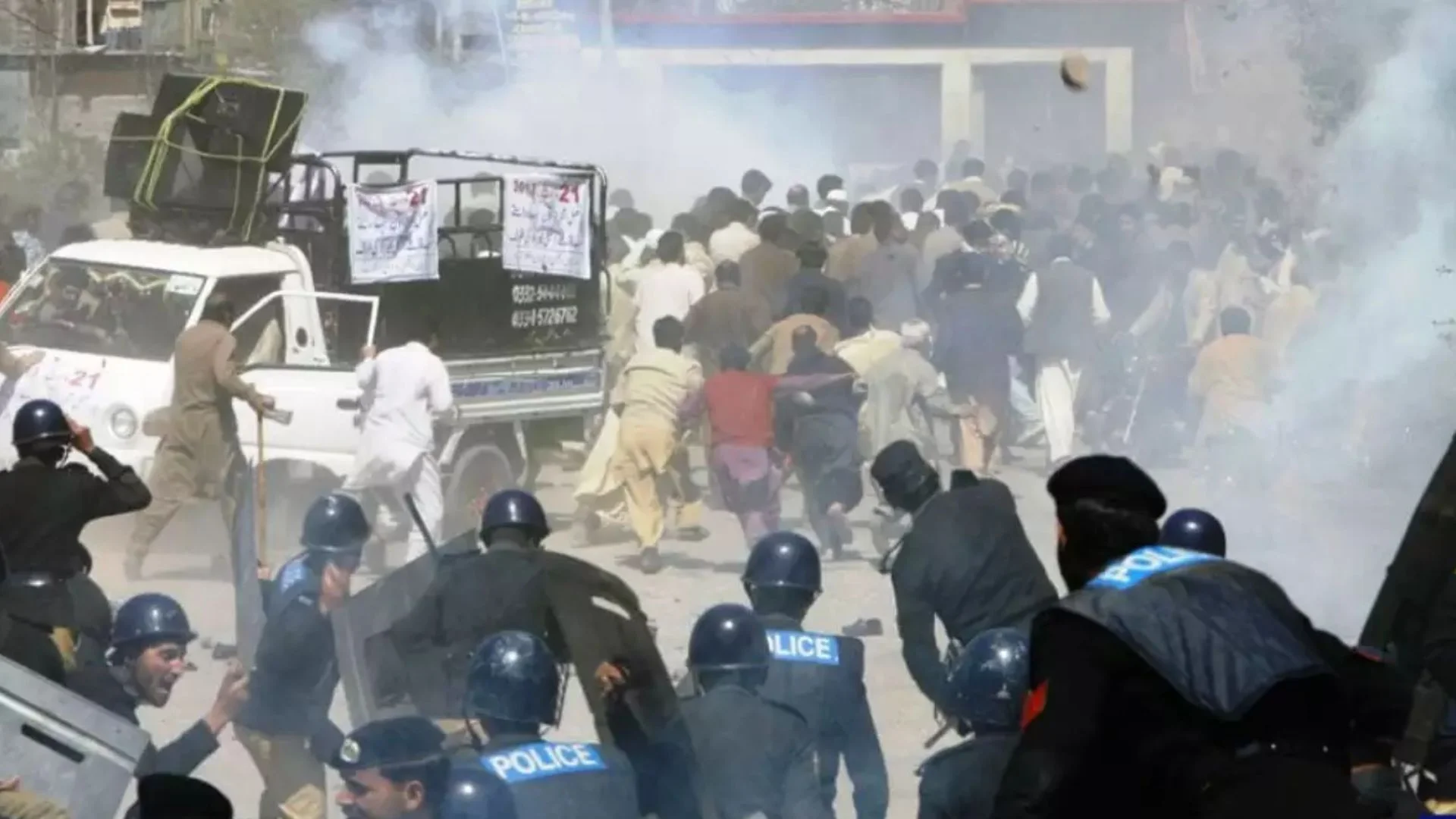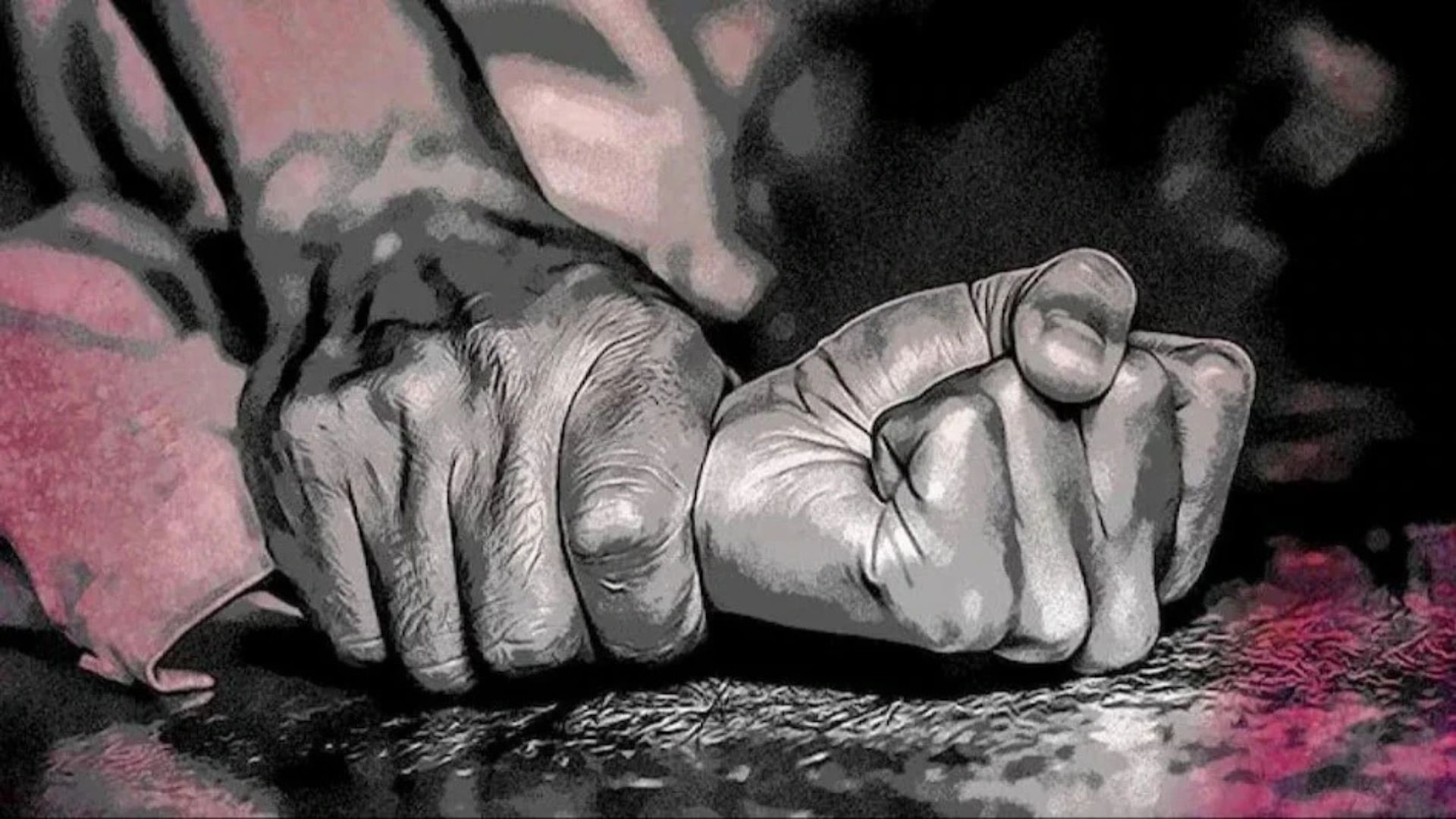
The country is yet to come out of COVID crisis. Plans are afoot to tackle the aftermath. The intentions look good. But the best of intentions can go wrong if the machinery that is assigned the task of “making these intentions happen on the ground” is inappropriate. Hence, human resource management is critical. The government will have to be careful. Even though there have been murmurs around Murmu (appointed as Comptroller and Auditor General), the officers manning critical positions as Secretaries in various Ministries are a competent lot. The government should not now repeat the mistakes committed during the past so as to ensure that the civil service retains it morale to deliver effectively. What happened not very long ago in CBI in the case of two “meticulously selected” IPS officers to head the CBI can’t be allowed to be repeated. Was there something wrong with the process of selection? Despite a much touted “360 degree assessment”, why were so many senior officers shifted so often?
Rupak Dutta, an IPS officer with impeccable credentials and with a long tenure in the CBI was inexplicably not considered for the post of Director and shifted and attached to the Home Ministry. Alok Verma and Rakesh Asthana brought to the CBI after due clearance by CVC but the former was dumped on the basis of report of the same CVC. Was competence and integrity not the criteria to select officers on these critical and sensitive posts? Shouldn’t someone be held accountable for clearing officers who allegedly had “dubious” credentials? Or did they become “dubious” subsequently?
As many as 17 Ministries/ Departments had 5 Secretaries or more during the period from 2014 to 2018 . Not all these postings were necessitated on account of superannuation. The social sector suffered the most. Rural Development Ministry had five Secretaries as was the case with crucial Ministries like Health and HRD. How can these sectors develop with such frequent changes at the top? Secretaries were supposed to be selected after due diligence (read 360 degrees). If that was the case, why were two Home Secretaries shifted even before they could complete their tenure of two years? Some other changes were equally baffling. Vrinda Sarup, with huge experience in the school education sector, was shifted out suddenly. In the recent past Secretaries of both School Education and Higher Education were unceremoniously “dumped”. J S Deepak, the then Secretary, Telecom, was attached to the Ministry of Commerce in an overnight order while he was representing the country at an international conference in Barcelona. Anuj Bishnoi who was ultimately considered fit for Central Administrative Tribunal, was shifted three times during his tenure as Secretary. Why was C K Mishra shifted out of Ministry of Health and Family Welfare? And if he wasn’t good enough, how did he end up getting the Ministry of Environment and Forest?
A large number of Public Sector Undertakings were left headless and without Directors for months together adversely impacting the performance of these entities. Coal India Limited was one such example where the absence of a CMD created havoc. The consequences are there for everyone to see. There was yet again acute shortage of coal in the country. The situation improved once full time CMD took over. This is true of a number of public sector undertakings.
Every time one interacted with the Prime Minister, one could not but be impressed with his sincerity of purpose and clarity of thought. The intent was always there and this was reflected in his thought, expression and action. There were indeed some brilliant initiatives and decisions. The setting up of Secretaries Groups, getting trainee IAS officers for a three month stint in Delhi, posting of some senior level officers well ahead of the retirement of the previous incumbent, amendment to Section 13(1)(d)(ii) of the Prevention of Corruption Act were indeed praiseworthy and reflected the positive intent of the Prime Minister in the context of human resource management. But then, why did the human resource management get all messed up? It was perhaps on account of humongous nature of managing the army of civil servants. With almost everything getting concentrated in the hands of a handful civil servants, the task had become too big to handle. This also led to enormous delays in decisions relating to postings, resulting in vacancies for long durations. There was indeed something amiss. Some of the work could have been easily delegated to different levels.Competence and integrity and not allegiance or/and servility should have been the criteria for selection. There should have been greater stability of tenure. “360 degree” could certainly be made more transparent and carried out in a manner that it serves the purpose as it does in the private sector from where the concept has been borrowed. Government now faces enormous challenges. Civil servants are the face of the government. The government can face these challenges if these ‘faces’ feel more secure. It will also depend upon picking up the right person for the right job and then allowing him stability of tenure and the freedom to act. Why should there be a need to over-indulge in monitoring the functioning of these officers? The PM himself cannot assess each officer personally. However, he can assess those that assess these officers. A lot depends on the advisors that call the shots in this regard.
Anil Swarup has ser ved as the head of the Project Monitoring Group, which is currently under the Prime Minister’s Office. He has also served as Secretary, Ministry of Coal and Secretary, Ministry of School Education.















